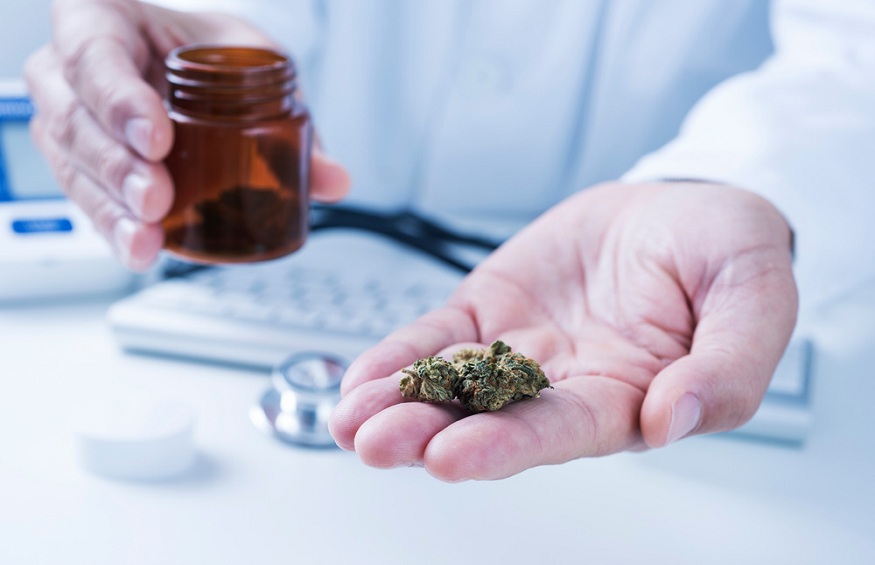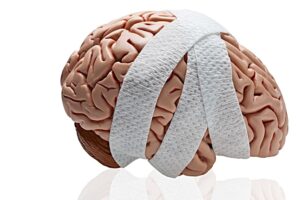Every state with legal marijuana – either medically, recreational, or both – has established a legal age for consumption. In most cases, the legal age is 21. There are very good reasons for this, not the least of which is the potential harm cannabis could do to still developing teen brains.
One example of such harm is a condition known as depersonalization-derealization disorder (DPDR). Though the disorder only affects a small number of persistent cannabis users, it can persist for weeks, months, or even years. Symptoms can even persist long after a person stops using cannabis.
More About the Disorder
Experiences with depersonalization-derealization are actually quite common. Nearly everyone will have at least one fleeting experience during their lifetime. But for some people, the experiences are numerous and persistent. If the experiences persist for long enough, a person is said to have DPDR.
A typical DPDR experience manifests itself in one of two ways:
- Depersonalization – A person has the sensation of not being in their own body. Rather, the person feels as though they are experiencing life as an outside observer.
- Derealization – A person may feel detached from reality. This is to say that they feel like the current surroundings are just a dream; that the current experiences are not really happening.
It is possible to have both sensations simultaneously. But whether the sensations are individual or combined, they can create excessive amounts of stress and anxiety. They can leave a person feeling extremely troubled to the point of developing depression.
Teen Brains Are More Susceptible
Limited scientific data does suggest that teen brains are more susceptible to adverse effects from cannabis use. That could be one of the reasons Utah lawmakers crafted their medical cannabis rules to make it very difficult for minors to use the drug.
According to Utahmarijuana.org, minors cannot simply apply for a medical cannabis card like adults can. Their adult caregivers must apply first. Then their cases must go before the state Compassionate Use Board for approval.
By contrast, an adult can apply for a medical cannabis card on their own. Approval is based solely on the recommendation of a doctor who has diagnosed the person with a qualifying condition and agreed that cannabis is an appropriate treatment. The difference in requirements may be due to some hesitancy with allowing minors, whose brains are still developing, to use cannabis for extended amounts of time.
Our Knowledge Is Still Limited
Recommending against teen marijuana consumption is the right course of action at the current time. Despite a growing marijuana knowledge base, our collective knowledge is still pretty limited. We just do not know the long-term impacts of persistent marijuana consumption among teenagers.
Again, we do know that teen brains are still developing. We also know that teens are normally under a considerable amount of stress as they navigate the transition from childhood to adulthood. Teens may believe that marijuana consumption helps them deal with that stress better, but does it really? Could it be that marijuana only actually makes things worse?
There is a strong possibility that teens are more susceptible to disorders like DPDR. It is also possible that they are at a greater risk of long-term or permanent adverse effects from the condition. For that reason alone, our culture ought to be doing everything possible to dissuade teens from using marijuana.
Such a message goes against our collective efforts to legalize marijuana across the board. But it is time we undertake a collective reality check. No drug is completely risk-free. Not even marijuana.



